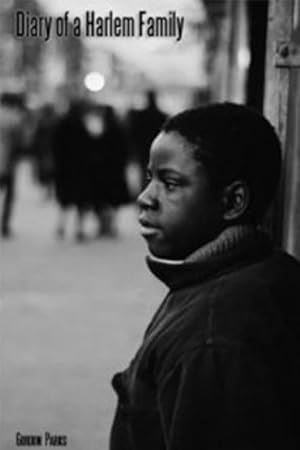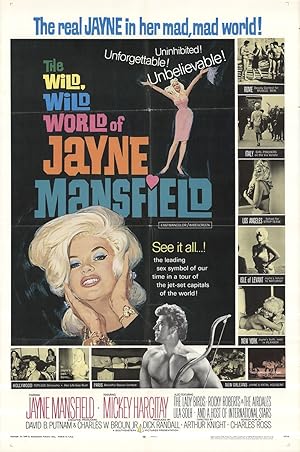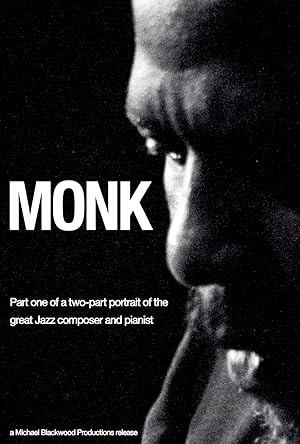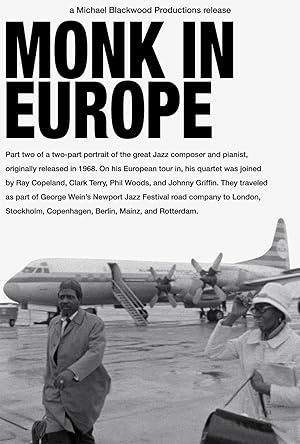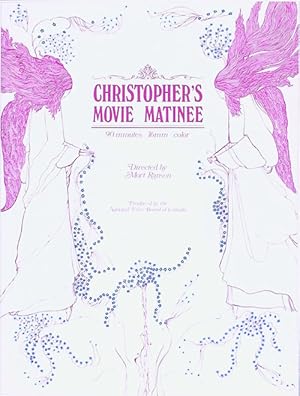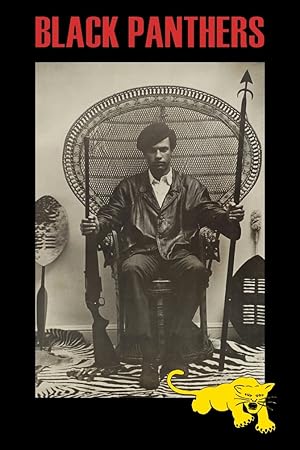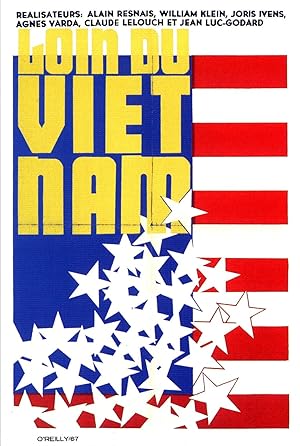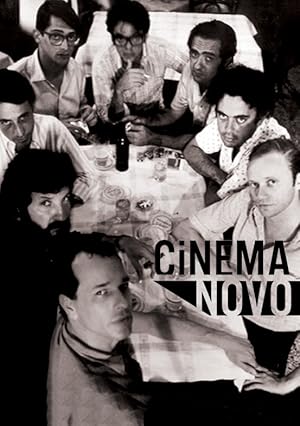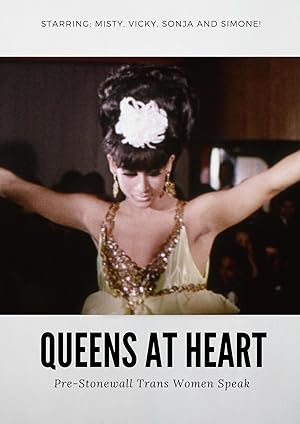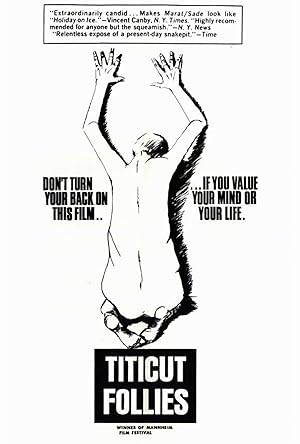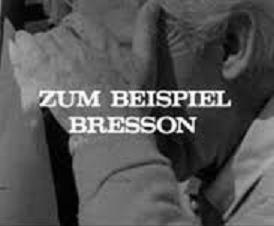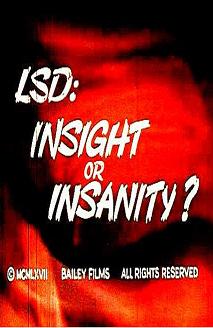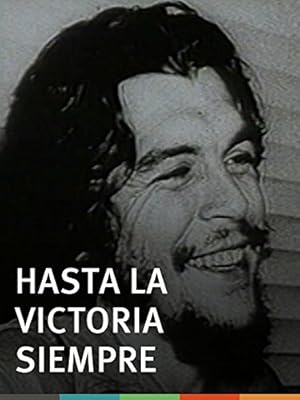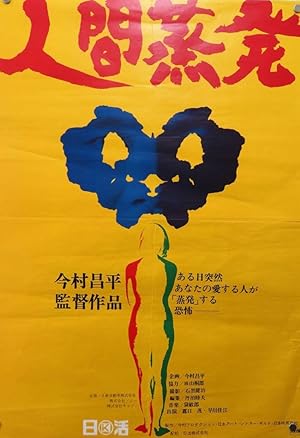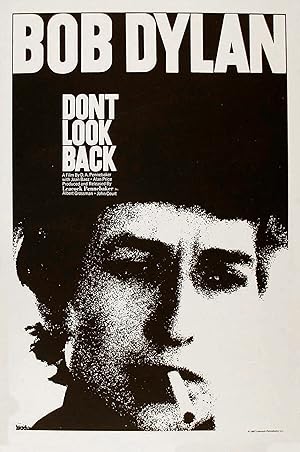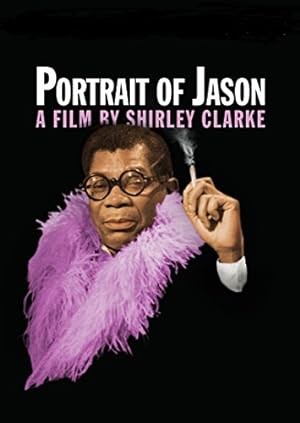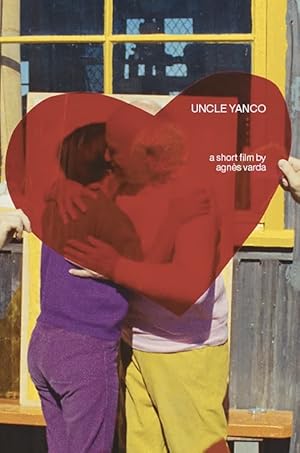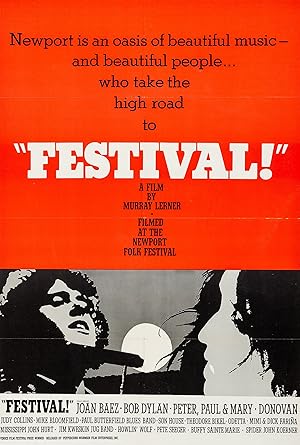Best Documentary Movies Online
You are now browsing page 523, where our remarkable curation of documentary movies continues. If you have already experienced the standout titles from previous pages, now is the perfect time to delve deeper and uncover even more captivating narratives. Keep exploring our collection, and immerse yourself in the world of cinematic excellence!
Diary of a Harlem Family (1968)
0
Presents Gordon Parks' photo-essay "A Harlem Family", framed by a filmed segment featuring Parks and the Fontanelle family and narrated by Parks.
The Wild, Wild World of Jayne Mansfield (1968)
0
Jayne takes us on a review of her last world tour. She takes us through Rome, shares a fantasy about Roman athletes, and then is off to Cannes. She takes a trip to the nudist colony on the Isle of Levant, where she almost kind of joins in. Then it's off to Paris, where she gets a beauty treatment from Fernand Aubrey, and attends some racy dance revues. In New York and Los Angeles, she visits some topless clubs and listens to a topless all-girl pop band. The film wraps up with some posthumous footage of her family in mourning.
Monk (1968)
0
Part one of a two-part portrait of the great Jazz composer and pianist. In 1968, we had the opportunity to spend time with Thelonious Monk and his musicians, following him in New York and Atlanta. In New York his quartet plays at the Village Vanguard and at recording sessions for Columbia Records; in Atlanta they appear at a Jazz Festival organized by George Wein. The members of the quartet were Charlie Rouse, Larry Gales, and Ben Riley.
Monk in Europe (1968)
0
Part two of a two-part portrait of the great Jazz composer and pianist. On his European tour his quartet was joined by Ray Copeland, Clark Terry, Phil Woods, and Johnny Griffin. They traveled as part of George Wein’s Newport Jazz Festival road company to London, Stockholm, Copenhagen, Berlin, Mainz, and Rotterdam.
Christopher's Movie Matinee (1968)
0
When a camera crew are sent to document hippie protests in Yorkville, Canada's counter-culture capital, they are charmed by a group of misunderstood kids with their own ideas about what kind of movie to make.
Black Panthers (1968)
0
A film shot during the summer of 1968 in Oakland, California around the meetings organised by the Black Panthers Party to free Huey Newton, one of their leaders, and to turn his trial into a political debate. They tried and succeeded in catching America’s attention.
Far from Vietnam (1967)
0
In seven different parts, Godard, Ivens, Klein, Lelouch, Marker, Resnais, and Varda show their sympathy for the North-Vietnamese army during the Vietnam War.
Improvised and Purposeful: Cinema Novo (1967)
0
Originally produced for German TV, Improvised and Purposeful is a firsthand look at the "Cinema Novo" movement (otherwise known as the 'Brazilian New Wave'). Director Joaquim Pedro de Andrade focuses on six Cinema Novo filmmakers working in Rio in 1967.
Queens At Heart (1967)
0
A rare archival short, Queens at Heart follows four shockingly courageous pre-Stonewall trans women, Misty, Vicky, Sonja, and Simone. They go out as women at night, but live as men during the day, take hormones, and dream of “going for a change.” Subjected to a six-month psychological project, and cross-examined by dubious “experts” all four women are incredibly captivating subjects—whether being interrogated or partying at the ball.
Titicut Follies (1967)
0
A stark and graphic portrayal of the conditions that existed at the State Prison for the Criminally Insane at Bridgewater, Massachusetts, and documents the various ways the inmates are treated by the guards, social workers, and psychiatrists.
Au Hasard Bresson (1967)
0
In 1966, German film critic Theodor Kotulla — who would go on to become one of the New German Cinema's most uncompromising filmmakers — visited the set of Robert Bresson's "Mouchette" (1967) and created this half-hour documentary about the director. It won the 1967 German Film Award for best short documentary.
LSD: Insight or Insanity? (1967)
0
Documentary about the potentially dangerous and unpredictable drug LSD. Various experts discuss how LSD is made and the hazards involved in using it while avid users explain why they enjoy taking it.
Hasta la Victoria Siempre (1967)
0
An obituary of Che Guevara, made in forty-eight hours to be shown at the mass meeting on the 18th October 1967 in the Plaza de la Revolucion in Havana, where Fidel Castro announced the death of Guevara in Bolivia.
A Man Vanishes (1967)
0
A Man Vanishes examines the concept of Johatsu, tackling the phenomenon of people missing in Japan over the years. It picks one such person from the list, someone who had seemed to disappear from the face of the earth due to embezzlement from his company, and the filmmakers begin an investigative documentary into the reasons behind and attempt at tracking him down.
Bob Dylan: Dont Look Back (1967)
1
In this wildly entertaining vision of one of the twentieth century’s greatest artists, Bob Dylan is surrounded by teen fans, gets into heated philosophical jousts with journalists, and kicks back with fellow musicians Joan Baez, Donovan, and Alan Price.
Portrait of Jason (1967)
0
Interview with Jason Holliday aka Aaron Payne. House-boy, would-be cabaret performer, and self-proclaimed hustler giving one man's gin-soaked, pill-popped view of what it was like to be black and gay in 1960s United States. Preserved by the Academy Film Archive in partnership with Milestone Films in 2013.
Uncle Yanco (1967)
0
While in San Francisco for the promotion of her last film in October 1967, Agnès Varda, tipped by her friend Tom Luddy, gets to know a relative she had never heard of before, Jean Varda, nicknamed "Yanco". This hitherto unknown uncle lives on a boat in Sausalito, is a painter, has adopted a hippie lifestyle and loves life. The meeting is a very happy one.
Festival (1967)
0
Black and white footage of performances, interviews, and conversations at the Newport Folk Festival, from 1963 to 1966. The headliners are Peter, Paul and Mary, Joan Baez, Pete Seeger, and Bob Dylan, who's acoustic and electric. Son House and Mike Bloomfield talk about the blues; John Hurt, Howlin' Wolf, and Sonny Terry and Brownie McGhee show its range. The Osborne Brothers perform bluegrass. Donovan, Johnny Cash, Judy Collins, Mimi and Dick Farina, and others less well known also perform. Several talk musical philosophy, and there's a running commentary about the nature and appeal of folk music. The crowd looks clean cut.
